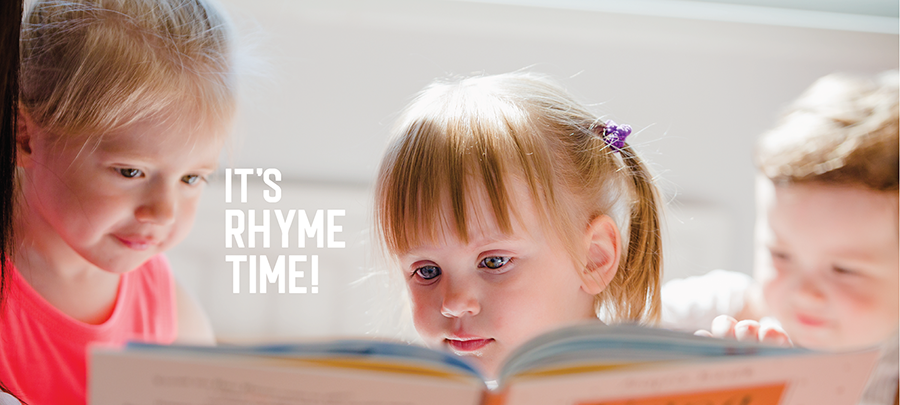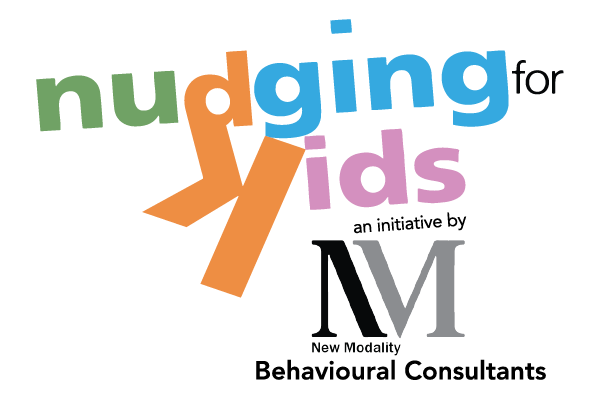
08 Jul It’s Rhyme Time
Nursery rhymes may seem repetitive, outdated or irrelevant to parents today. But actually reading or singing these age-old rhymes aloud to your toddler/ preschooler can prove to be a beneficial learning nudge in many ways.
Here’s why rhymes and songs make for an impactful intervention:
Repetition of words (“Row, row, row your boat…”) or rhyming syllables (“Humpty Dumpty sat on a wall, humpy dumpty had a great fall…”) give these classics great recall value.
Rhymes and songs can be meaningful interventions to teach your toddler qualities such as gratitude and kindness. (“Thank-you God for the world so sweet…”)
by Niyati Mehta
Certain rhymes (“Twinkle twinkle little star…” or “The wheels on the bus…”) are nudge kids to gently learn more about their world.
Some leverage the fun and dance method to teach concepts such as numbers or colors (“Five little ducks went out to play…”).
Then there are others that ignite a child’s imagination (“Hey diddle diddle the cat and the fiddle, the cow jumped over the moon…”).
Additionally rhymes sung or performed with peers can help hone the social skills of self-conscious, shy or under-confident children (“Ring a ring o roses…” or “Oranges and lemons…”).
Arzan Dhanbhoora, a children’s performer, singer, and musician vouch for the many benefits of rhymes. Arzan a freelance musician has been performing for kids at various events for over 35 years now. Based on her own experiences she calls rhymes a reliable nudge intervention that can be used to teach kids many things – from creative dramatization to maths concepts, life lessons and more. As Arzan rightly points out, rhymes and songs are the best way to be gentle, coaxing and firm with children all at once.
In the early 2000s, The New York Association for the Education of Young Children conducted a study titled ‘Rhymers are Readers, The Importance of Nursery Rhymes.” In the paper, Tony Stead, senior national literacy consultant for Mondo Publishing, New York, revealed astonishing data. He stated that in 1945 the average elementary student had a vocabulary of 10,000 words. The number had reduced to only 2500 in the following decades! Calling nursery rhymes the ‘bread-and-butter’ of traditional early children’s literature, he clearly stated that one of the prime reasons behind this falling number was the fact that kids had moved away from reading and memorizing nursery rhymes. Need we say more?
Some benefits of singing rhymes:
- Rhymes help with children’s language development and literacy skills.
- Reading rhymes aloud is a great way to inculcate a love for books in your child.
- Action based rhymes help boost your child’s motor skills.
- Rhymes help kids develop an understanding of rhythm and movement.
- Rhymes help in the brain development of your child, improving their memory and concentration.
Link to paper mentioned in the story- http://nyaeyc.org/wp-content/uploads/Rhymers-are-Readers-The-Importance-of-Nursery-Rhymes.pdf
(please note – Arzan Dhabhoora is a private singer While she has no social media presence, so they would be happy to be tagged in this story)
–


